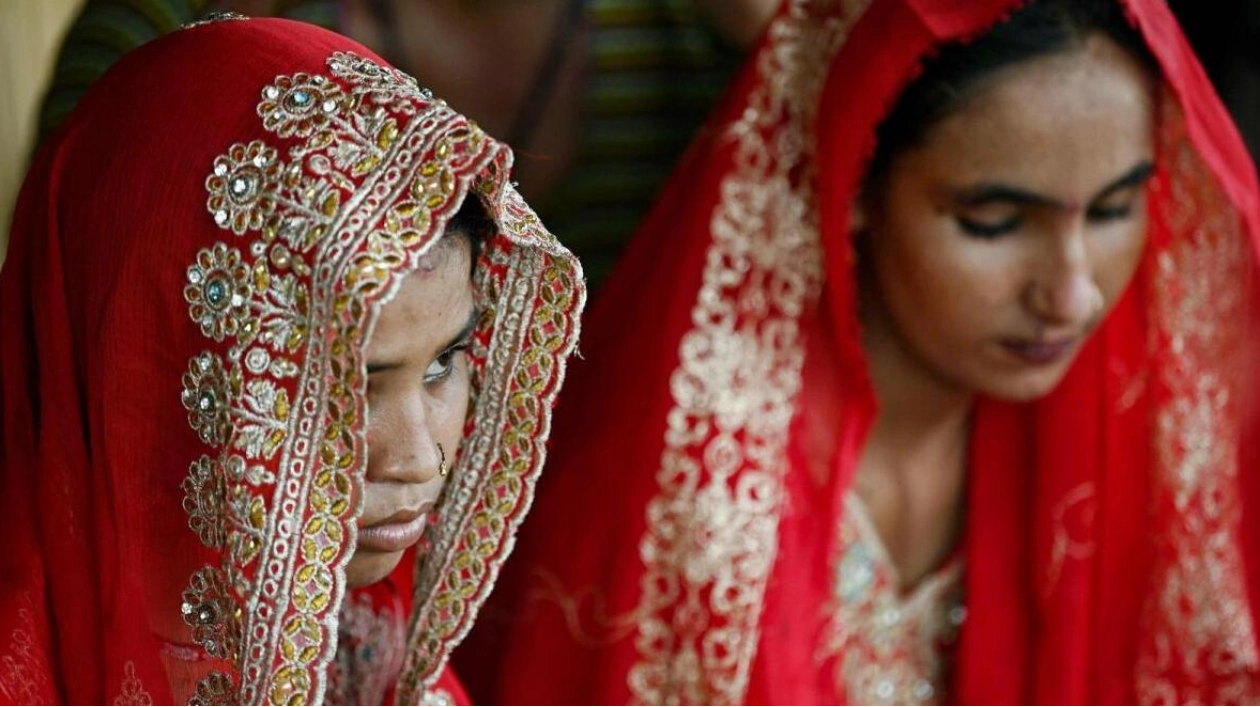A provincial government in Pakistan has initiated an investigation into child marriages in regions impacted by the 2022 floods, following a detailed report by AFP on this issue.
Although Pakistan has seen a gradual decrease in the number of underage marriages in recent years, the unprecedented floods of 2022 have led to concerns among rights activists about a potential increase in such marriages due to economic instability exacerbated by climate change.
In a report dated August 16, AFP interviewed girls who were married off at ages 13 and 14 for money in flood-affected villages in Sindh province. Sindh's Chief Minister, Murad Ali Shah, has instructed an inquiry into these practices, as confirmed by his spokesperson, Rasheed Channa, to AFP.
"The Chief Minister aims to assess the societal effects of the floods on the local population. Upon receiving the inquiry report, he plans to visit the affected areas and formulate recommendations," Channa explained. "My personal view is that early marriages have long been a tradition, but the floods have intensified the desperation among people."
In the village of Khan Mohammad Mallah, 45 underage girls have been married since the monsoon season last year, with 15 such marriages occurring in May and June this year, according to Sujag Sansar, an NGO.
The summer monsoon, crucial for the livelihoods of millions of farmers and food security, is becoming heavier and longer due to climate change, increasing the risks of landslides, floods, and long-term damage to crops.
"This has sparked a new phenomenon of 'monsoon brides,'" noted Mashooque Birhmani, founder of Sujag Sansar, which collaborates with religious scholars to fight child marriage. Many villages in Sindh's agricultural region are still recovering from the 2022 floods, which submerged a third of the country, displaced millions, and devastated harvests.
"Prior to the 2022 floods, there was no necessity for marrying off girls so young in our region," stated 65-year-old Mai Hajani, a village elder.






